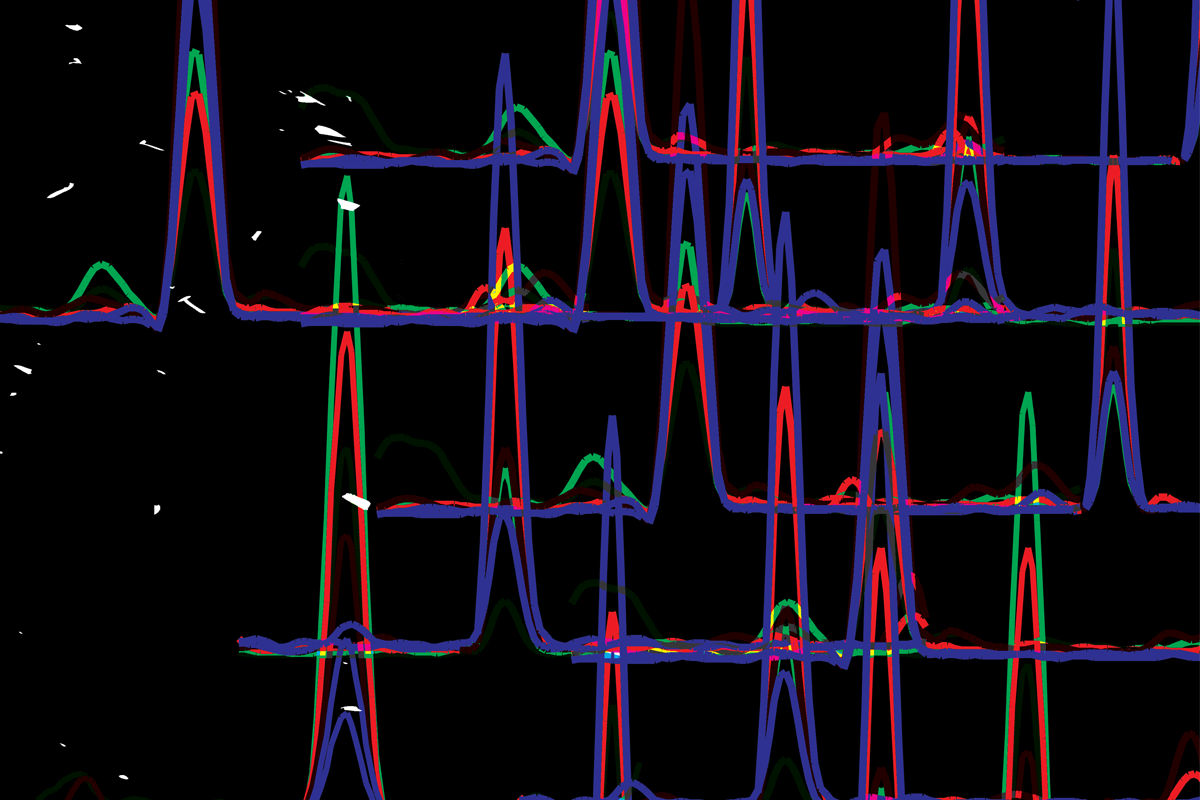Aug. 10, 2016
Over 160,000 protein assays released through the Human SRMAtlas to allow the quantitation of essentially any Human protein
3 Bullets:
- ISB scientists collaborate with ETH Zurich to develop the Human SRMAtlas, a compendium of mass spectrometry assays for any human protein.
- ISB releases protein assay parameters freely to the scientific community for the ability to assay any human protein without restriction.
- Through the use of the ISB Human SRMAtlas, biomarker candidates, wellness markers and protein networks can be quickly evaluated to provide quantitative results on disease, wellness and biological processes.
By Dr. Robert Moritz
Professor, Institute for Systems Biology
Reporting in the journal Cell, Senior Research Scientist Dr. Ulrike Kusebauch, of the Dr. Robert Moritz Lab at ISB, describes the results of a collaboration between scientists at ISB, ETH Zurich and a number of other contributing institutes to develop the Human SRMAtlas. The Human SRMAtlas is a compendium of highly specific mass spectrometry assays for the targeted identification and reproducible quantification of any protein in the predicted human proteome, including assays for many spliced variants, non-synonymous mutations and post-translational modifications. The team used selected reaction monitoring (SRM) on 166,174 well-characterized, chemically synthesized proteotypic peptides to develop the assays. With such a resource, the prospect of measuring any protein is now a reality.
Although the Human Genome Project in 2003 created an inventory of all human genes, the majority of protein research is still focused on the same relatively small subset of proteins that were explored before the human genome was sequenced. To move beyond this stagnated proteogenomic research approach, the development of highly specific assays for essentially every human protein was needed. The Human SRMAtlas provides verified mass spectrometry assays based on SRM technology developed in a uniform and consistent process for essentially every protein of the human proteome. These assays can be rapidly deployed in systems biology and biomedical studies to identify and quantify any human protein with high sensitivity and high selectivity, and to navigate complete proteome maps to understand their biological functions.
The ability to reliably and reproducibly measure any protein of the human proteome in any tissue or cell-type is transformative for understanding systems-level properties as well as specific pathways in physiology and disease. The Human SRMAtlas provides definitive assay coordinates that can conclusively identify the respective peptide in biological samples and allow quantification of 99.7% of the 20,277 annotated human proteins.
Personalized medicine will depend on molecular signatures to monitor health status and provide signals to identify changes in wellness trajectories and information to match the right patients to the right drugs, first in clinical trials, then in clinical practice. The Human SRMAtlas initiative pushes proteomics firmly into the forefront and provides further ammunition for proteomics to play a large role in increasingly worldwide efforts of the Cancer Moonshot.
The SRMAtlas resource is free and publicly available at www.srmatlas.org and will equally benefit focused, hypothesis-driven and large proteome-scale studies. The team expects this resource will significantly advance protein-based experimental biology to understand disease transitions and wellness trajectories because any human protein can now, in principle, be identified and quantified in any sample.
* Funded by the National Institutes of Health and the European Research Council, this new freely available resource now provides valuable new information to researchers and clinicians needing to monitor the workhorse of human biology, their proteins.
Title: Human SRMAtlas: A Resource of Targeted Assays to Quantify the Complete Human Proteome
Journal: Cell
Authors: Ulrike Kusebauch, David S. Campbell, Eric W. Deutsch, Caroline S. Chu, Douglas A. Spicer, Mi-Youn Brusniak, Joseph Slagel, Zhi Sun, Jeffrey Stevens, Barbara Grimes, David Shteynberg, Michael R. Hoopmann, Peter Blattmann, Alexander V. Ratushny, Oliver Rinner, Paola Picotti, Christine Carapito, Chung-Ying Huang, Meghan Kapousouz, Henry Lam, Tommy Tran, Emek Demir, John D. Aitchison, Chris Sander, Leroy Hood, Ruedi Aebersold, Robert L. Moritz
Link: cell.com/cell/fulltext/S0092-8674(16)30849-2



 isbscience.org/research/quantitating-complete-human-proteome/
isbscience.org/research/quantitating-complete-human-proteome/